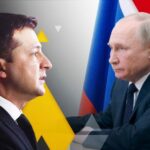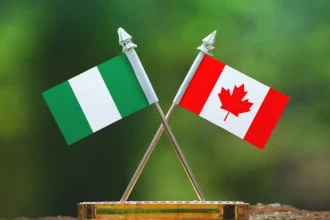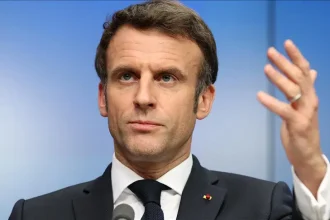The European Union on Wednesday approved a new package of sanctions against Russia, focusing on its covert oil export operations and issuing a stark warning of further punitive measures should Moscow fail to accept a proposed truce in Ukraine.
This latest move marks the 17th round of sanctions imposed by the EU since Russia launched its full-scale invasion of Ukraine in 2022. Although the measures had been in preparation for weeks, they coincided with a renewed ultimatum from European leaders urging Moscow to embrace peace talks being spearheaded by the United States.
According to the Polish presidency of the EU, diplomats representing the bloc’s 27 member states endorsed the sanctions during a meeting in Brussels. The package is expected to be formally adopted on Tuesday.
A key feature of the new sanctions is the blacklisting of approximately 200 oil tankers allegedly used to sidestep existing restrictions on Russian oil exports — part of what EU officials describe as Russia’s “shadow” fleet.
The measures also target companies based in countries such as Vietnam, Serbia, and Turkey, which are accused of assisting Russia in acquiring goods for its military operations.
Additionally, dozens of Russian officials will be added to the EU’s sanctions list, which already includes nearly 2,400 individuals and entities subject to visa bans and asset freezes.
The new package extends penalties to Russian individuals linked to cyberattacks, human rights violations, and sabotage activities across Europe.
While EU officials acknowledge that this latest round of sanctions is narrower in scope than previous ones, they point to growing internal challenges in reaching consensus on more aggressive targets.
In parallel with the sanctions rollout, European leaders have warned Russia that it could face “massive sanctions” if it rejects a 30-day ceasefire proposal being promoted by the United States.
German Chancellor Friedrich Merz issued a pointed warning to the Kremlin on Tuesday, stating that additional European measures would follow if there was no “real progress” toward ending the conflict this week.
Merz also urged Russian President Vladimir Putin to engage in direct talks with Ukrainian President Volodymyr Zelensky during a scheduled meeting in Istanbul on Thursday.
US President Donald Trump has expressed willingness to attend the Istanbul talks should both leaders agree to sit down. However, there has been no signal from the Kremlin so far that Putin will be present.







